Closing the Social Justice Gap – Episode 31
IFAD Asset Request Portlet
Asset Publisher
Closing the Social Justice Gap – Episode 31
25 April 2022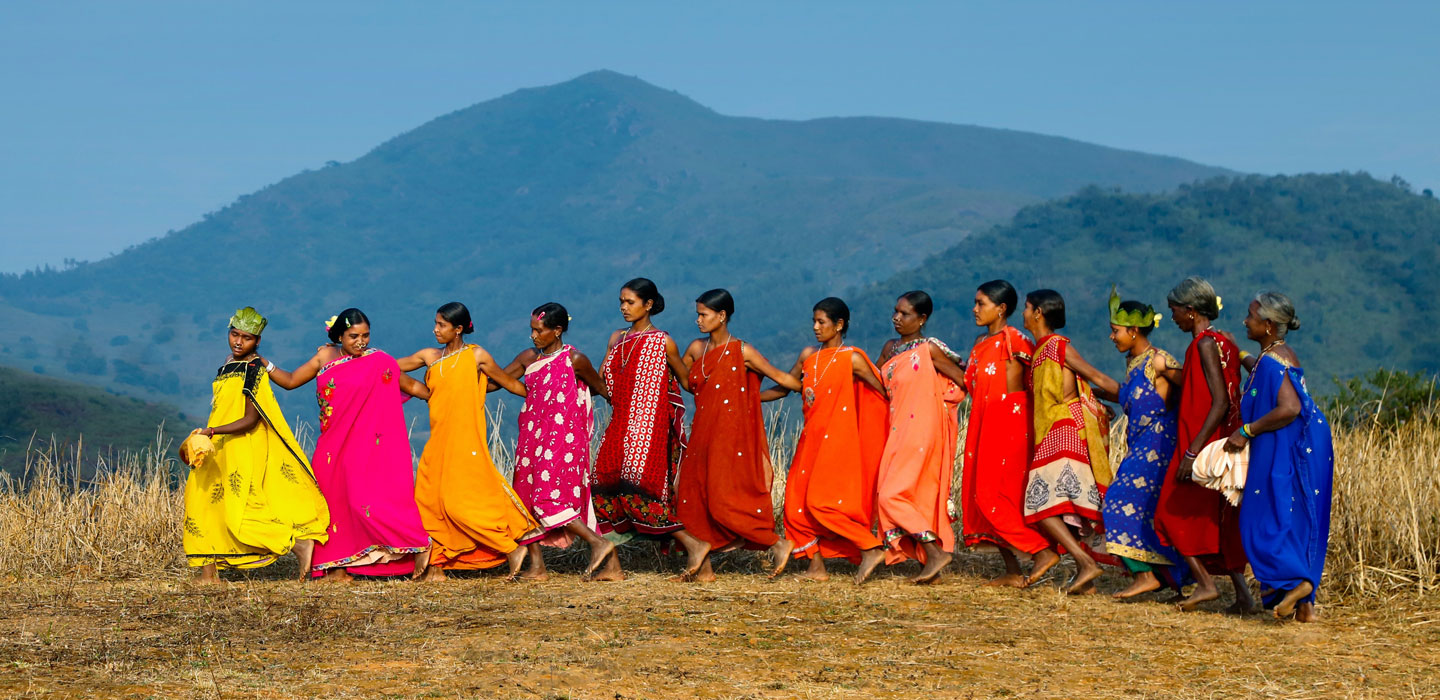
This episode is all about closing the social justice gap in rural communities and developing countries. We begin with two conversations on the topic: first, IFAD’s Associate Vice-President Jo Puri, discusses the problem of growing social inequality; then, Wageningen University's Professor Ken Giller looks at how food systems can be transformed for rural prosperity. We then hear from Lara Gilmore, founder of Food for Soul, on how her and her husband, Michelin-starred Italian chef Massimo Bottura, are opening up opportunities for social and economic mobility.
We have news from the Alliance for Food Sovereignty in Africa and from the Sea Women of Melanesia, a team recently named UNEP’s Champions of the Earth. We also speak with farmers from Kenya and Guyana about how they're improving the lives of their communities.
Finally, we kick off two new miniseries. One is a three-part look at the Global Donor Platform; the other profiles our Research and Impact Analysis division, where we assess the actual impact of how we spend that donor money.
Episode Contents
- Closing the social justice gap, with IFAD’s Jo Puri
- Professor Ken Giller on social justice in agriculture
- Food for Soul founder Lara Gilmore on equitable food systems
- Advocating for food and seed sovereignty, with Dr. Million Belay
- Priscilla Torres on the practice of reducing rural poverty
- Lilian Kiende on keeping elephants out of trouble
- Meet the Melanesian women divers who are conserving marine life
- The Power of Donors, Part 1
- Research and Impact Assessment Series, Part 1
- Summing Up
- Similar Episodes to Enjoy
Closing the social justice gap, with IFAD’s Jo Puri
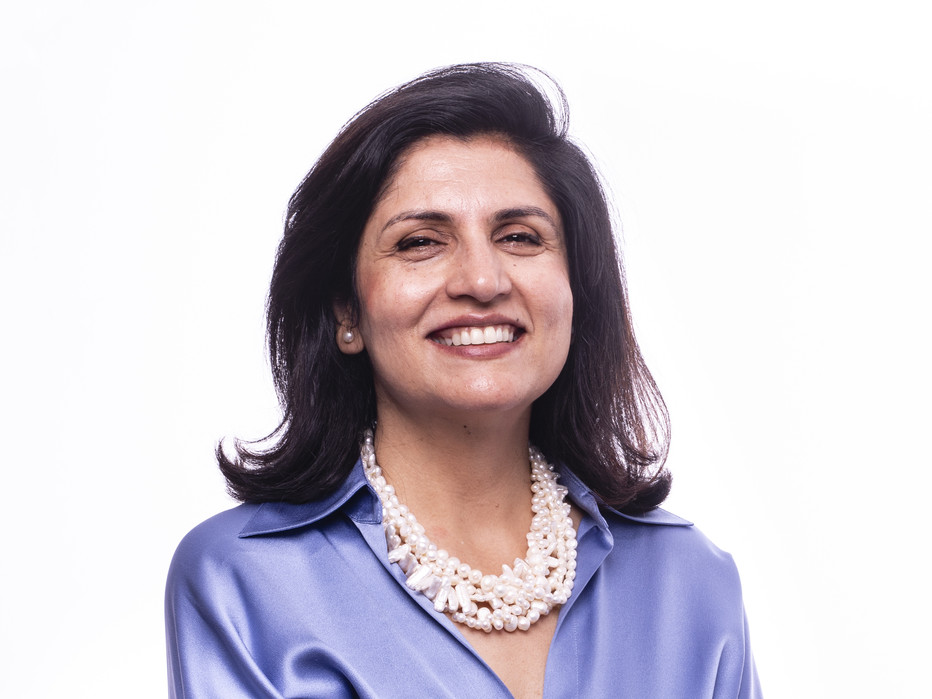 |
| Jo Puri, Associate Vice-President for IFAD |
IFAD’s Associate Vice-President Jo Puri goes straight to the heart of our theme for this episode: the need to close the social justice gap, particularly for small-scale farmers.
Jo underlines the need for a redistribution of wealth and proposes actions that can be taken to make the global economic system more just.
She also explains why we need food systems transformation by highlighting the main recommendations of IFAD’s Rural Development Report.
Professor Ken Giller on social justice in agriculture
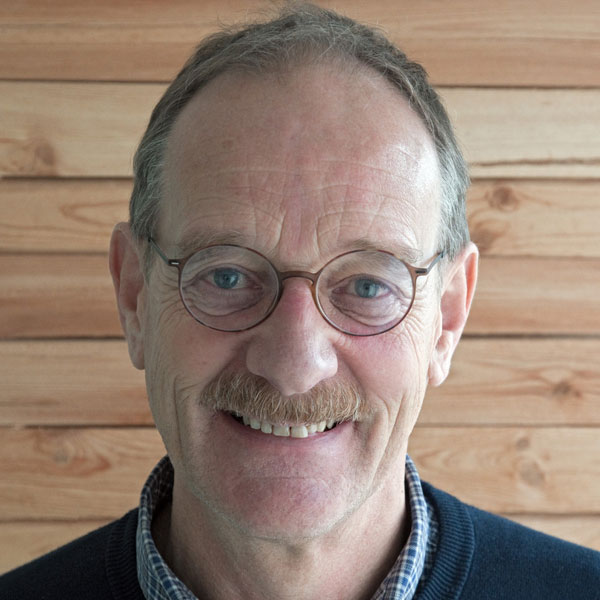 |
| Professor Ken Giller of Wageningen University |
Ken Giller, a professor of plant production systems at Wageningen University in the Netherlands, is one of the lead writers for our most recent Rural Development Report, in which we examine how to transform food systems for rural prosperity.
Professor Giller joins us to talk about social justice in agriculture. He emphasizes that improving livelihoods worldwide requires a food systems perspective. And, as he says, that’s going to take more than just putting more money in pockets.
Food for Soul founder Lara Gilmore on equitable food systems
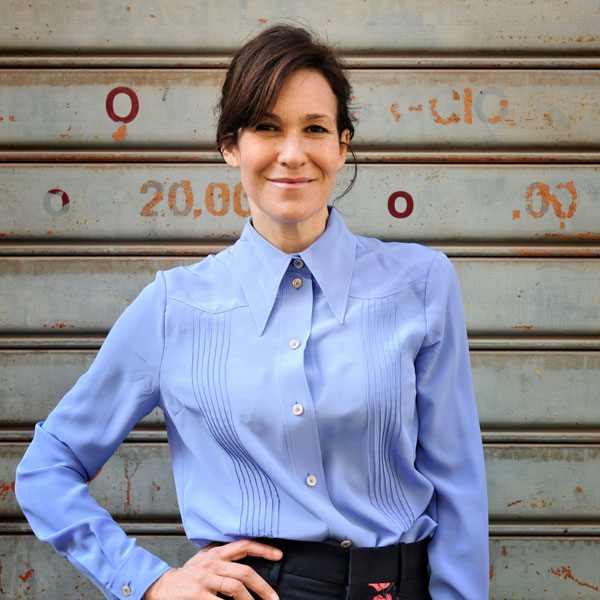 |
| Lara Gilmore, Founder of Food for Soul |
Food for Soul is a project founded by world-renowned Italian chef Massimo Bottura and his wife Lara Gilmore to shine light on the invisible potential of people, places and food.
As Lara shares with us, the project focuses on building a culture of community resilience, opening up opportunities for social and economic mobility, and building healthier and more equitable food systems. She tells us how the project was born and how it goes about nourishing people and making food systems more sustainable.
Lara joins us again next month to continue our conversation.
Advocating for food and seed sovereignty, with Dr. Million Belay
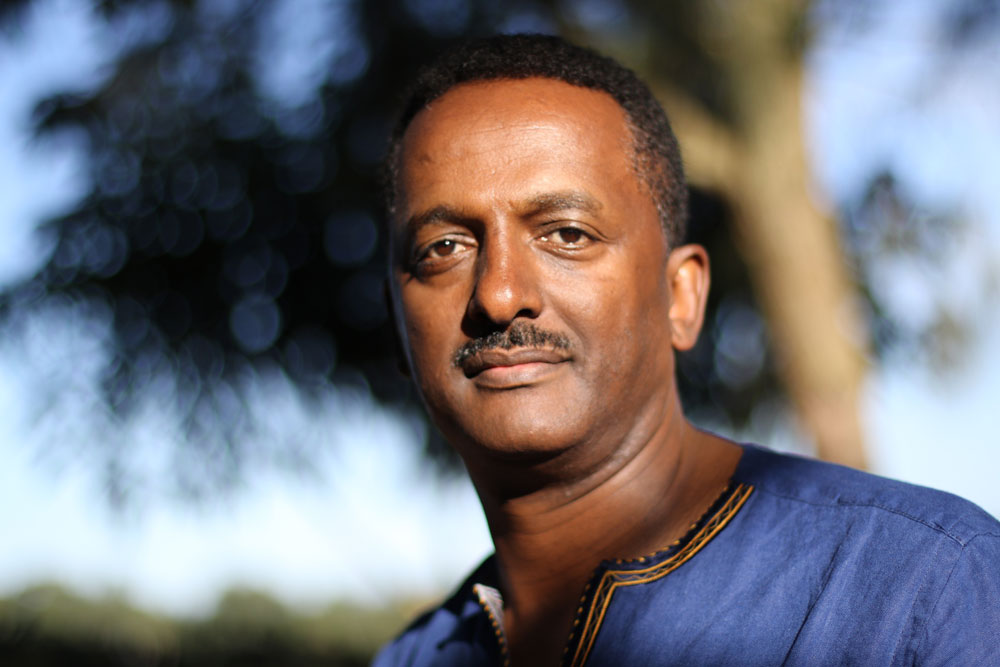 |
| Dr Million Belay, General Coordinator for AFSA |
The Alliance for Food Sovereignty in Africa (AFSA) is active in 50 out of 55 African countries and reaches over 200 million people. Its focus is food sovereignty: the right to choose, cultivate, and preserve traditional food practices and values.
We sat down with Dr Million Belay, AFSA’s general coordinator, to learn more about food sovereignty and why it’s so important for achieving justice in agricultural development.
Priscilla Torres on the practice of reducing rural poverty
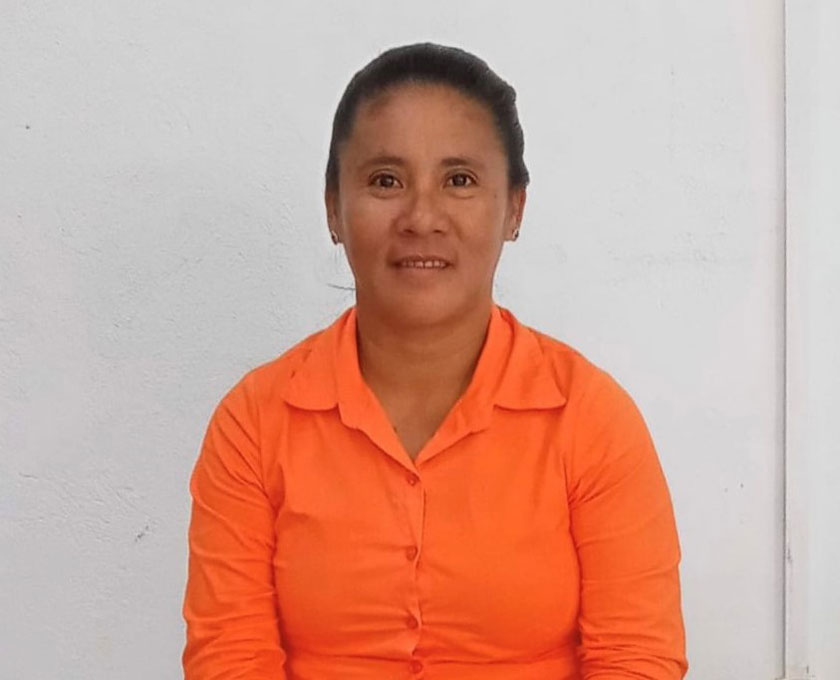 |
| Priscilla Torres, project leader for IFAD-funded initiatives |
We can talk all day about plans and frameworks to reduce rural poverty, but what does it look like in practice?
Priscilla Torres, an indigenous woman from Guyana, has the answer. After seeing people leave her tiny village in search of work, Priscilla formed an agricultural association that ended up including nearly every adult woman in her village. IFAD’s support was instrumental in helping her get started.
Six years later, her leadership and determination earned her a position as project leader for a different IFAD funded initiative in her region – making her one of only a few people to go from project participant to project staff. We have her story here.
Lilian Kiende on keeping elephants out of trouble
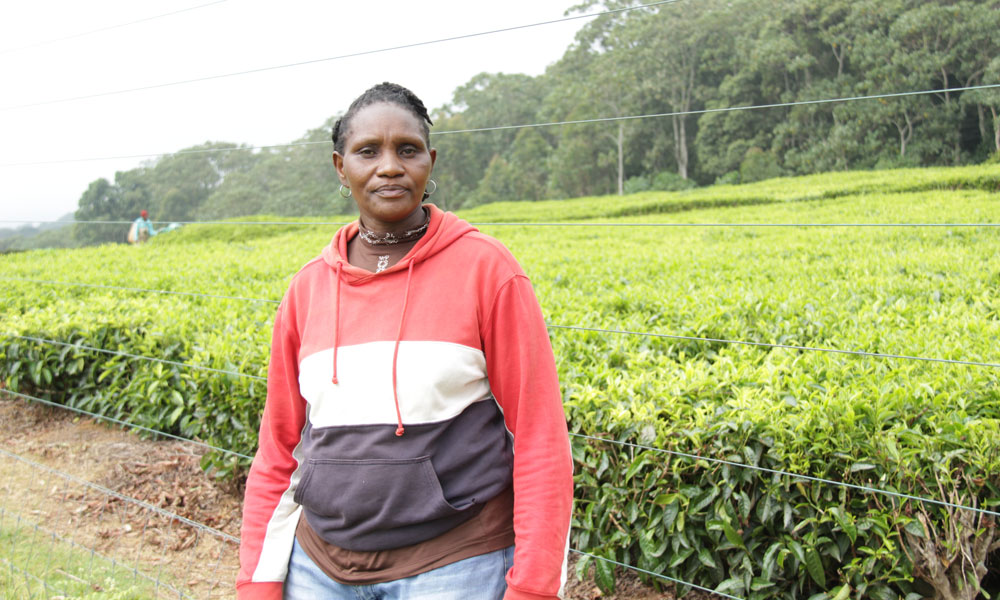 |
| Lilian Kiende |
Lilian Kiende knows a thing or two about elephants – specifically, that they like to snack on crop fields! Not too long ago, Lilian, a widow and single mother, would often lose her entire harvest to raiding elephants.
Now, thanks to an IFAD-funded initiative, her farm is safely cordoned off by a wildlife control fence. With the elephants staying out of trouble, her profits have soared.
We spoke with Lilian to get the details.
Meet the Melanesian women divers who are conserving marine life
The Sea Women of Melanesia team was named UNEP’s 2021 Champions of the Earth – the UN’s highest environmental award.
The team is made up of divers who teach women throughout the South Pacific how to monitor biodiversity, including the health of coral reefs.
Our reporter Doyeon Han spoke with Israelah Atua, one of the team directors working in Port Moresby, Papua New Guinea.
The Power of Donors, Part 1
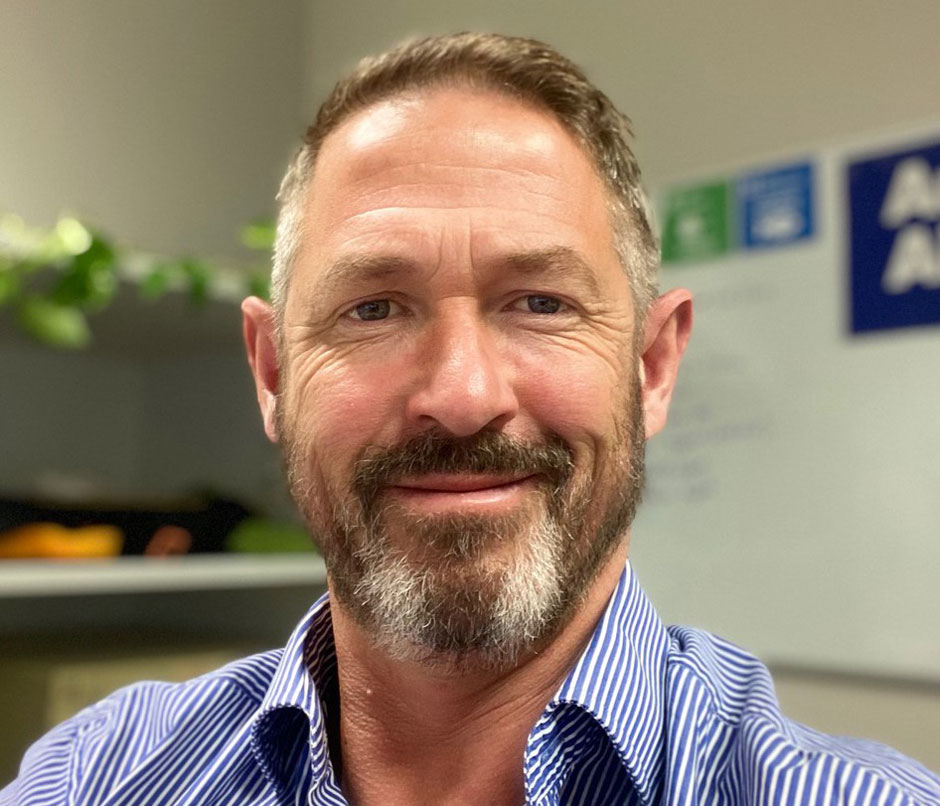 |
| Tristan Armstrong of Australia’s Department of Foreign Affairs and Trade |
We’re kicking off a three-part miniseries from the Global Donor Platform for Rural Development, currently hosted by IFAD. Over the next three episodes, we’re going to hear from leaders in the donor world about the issues that matter to them.
The Platform is a network of 40 influential donors, including international development agencies, financial institutions, intergovernmental organizations and foundations, who aim to accelerate progress towards the Sustainable Development Goals through collective influencing and knowledge-sharing.
This first interview features Tristan Armstrong, Senior Sector Specialist of Agricultural Development and Food Security for Australia’s Department of Foreign Affairs and Trade. Tristan is also Co-Chair of the Global Donor Platform.
Research and Impact Assessment Series, Part 1
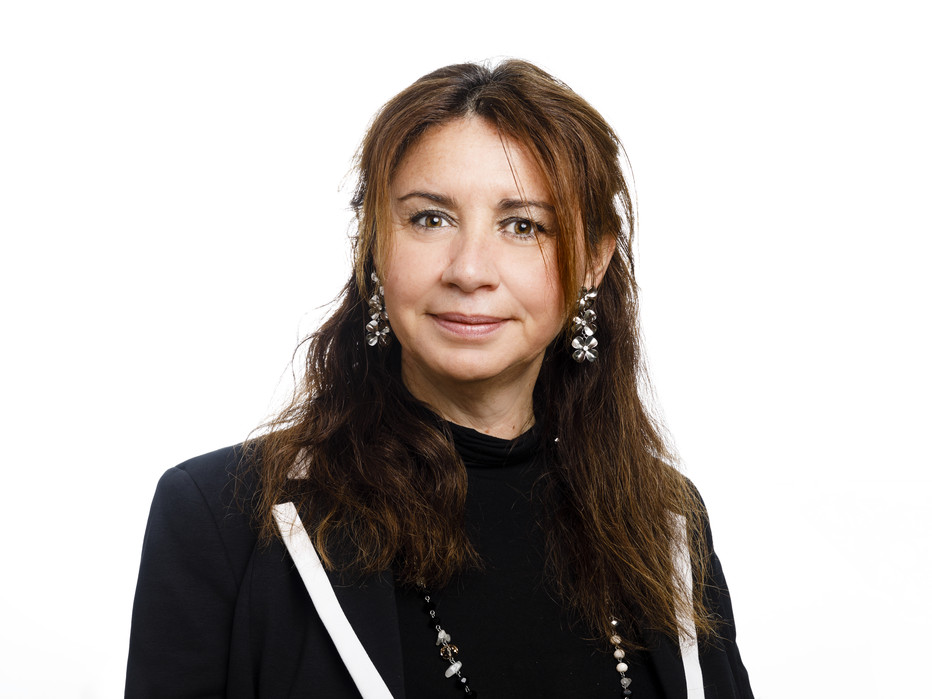 |
| Sara Savastano, Director of IFAD’s Research and Impact Assessment Division |
Now that we’ve explored the donor perspective, let’s hear from the Research and Impact Assessment Division (RIA) – our team at IFAD who make sure we learn as much as we can from the way we work.
In our second miniseries, we’re exploring the world of Impact Assessments – our best tool for making sure we’re getting development right for the communities we serve. We’ll be taking some deep dives into assessments of various projects around the world and examining what we’ve learned from them.
For the first instalment, we spoke with Sara Savastano, Director of RIA, to learn all about the purpose of Impact Assessments.
Summing Up
Thank you for listening to this episode of Farms. Food. Future, brought to you by the International Fund for Agricultural Development.
Thanks to our producer Francesco Manetti and everyone else who’s worked on this programme.
Remember, we want to hear from you – what you think about our stories and the issues discussed, and who you want us to be talking to – so please get in touch at [email protected].
Send us your voice or text messages to that address and we’ll be happy to play you out in the next show.
Don’t forget to subscribe to this podcast via your favourite platform – and please rate us!
We’ll be back at the end of May with more news fresh from the farm.
And once again we’ll be trying to be Good for You, Good for the Planet and Good for the Farmers.
Similar Episodes to Enjoy
Our podcasts bring you the latest in climate change, environmental sustainability, and issues concerning women, youth, and indigenous peoples. If you liked this episode, check out the ones below!
In Episode 24, we discussed how to balance biodiversity and traditional food systems with agricultural development.
In Episode 22, we explored the future of food systems.
In Episode 19, we examined the various challenges facing farmers’ mental health and community well-being.